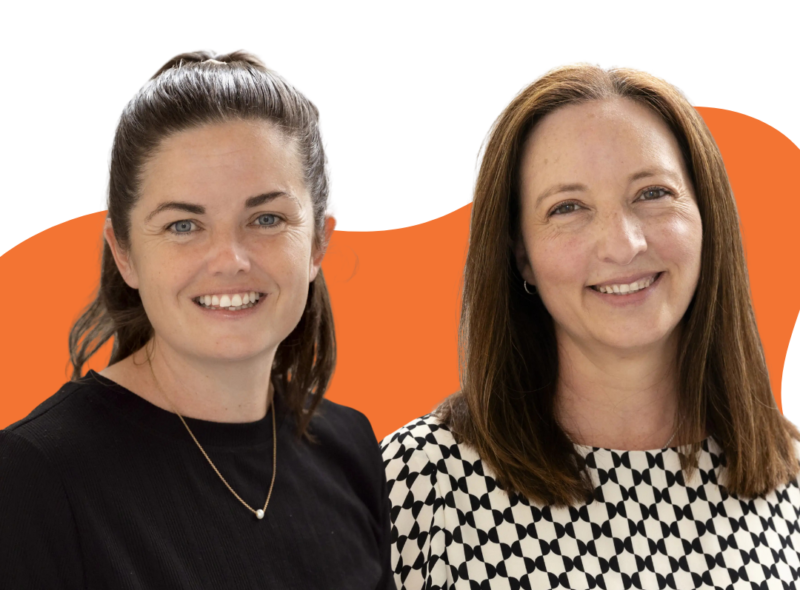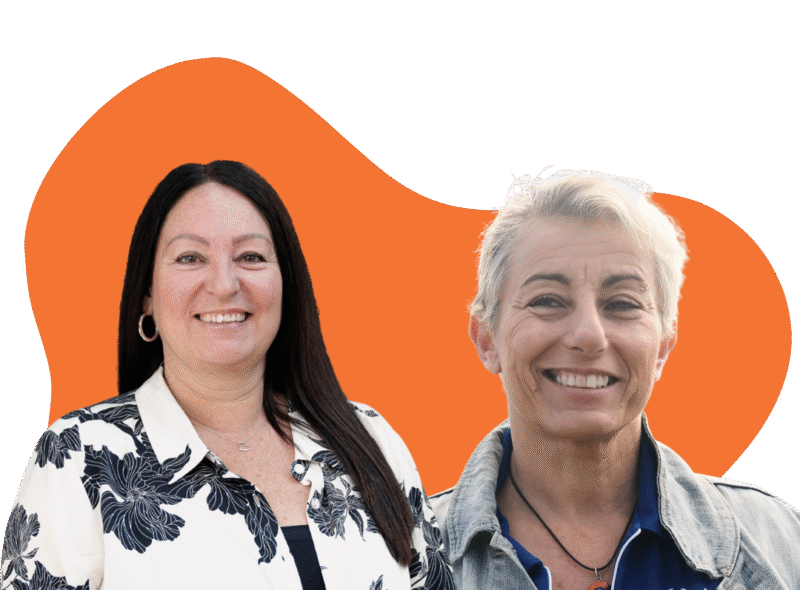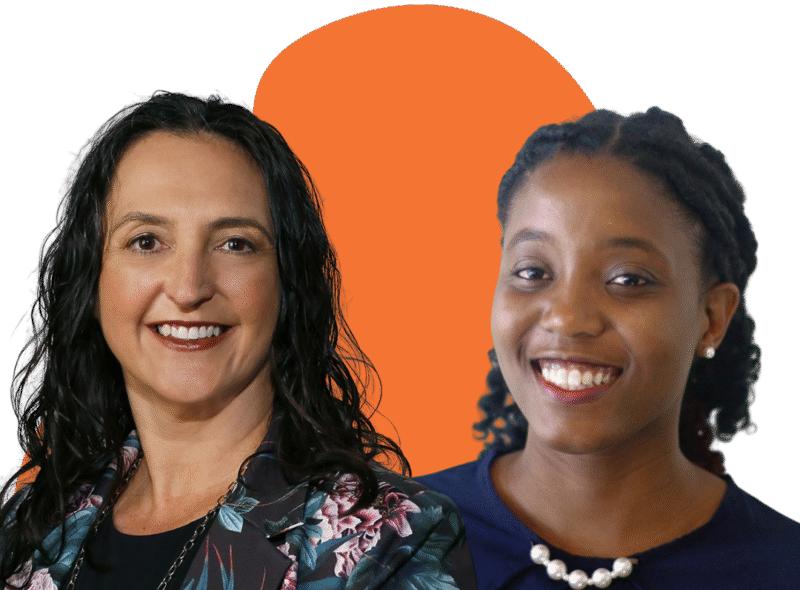Supporting Divergent Play & Socialisation using a Neuro-affirming Approach
– by Gee Van der Watt & Leanne Crawford
Neurominded
Play is a cornerstone of early childhood learning, but not all children engage in play in the same way. For educators, understanding the various developmental stages and types of play is essential for supporting each child’s unique learning journey. This presentation will delve into the nuances of divergent play, with a focus on children who may be neurodivergent, have experienced trauma, or exhibit signs of developmental delay. We will explore how these conditions can influence a child’s ability to engage in play and interact with peers in ECEC settings. You will gain insights into recognising different play styles and social preferences and learn practical strategies to extend play skills and support meaningful social interactions. With a deeper understanding of divergent social and play development, you will leave feeling more confident in creating neuro-inclusive environments where every child can enjoy authentic play-based learning.


Gee is the founding owner and Consultant at Neurominded. She’s a neurodivergent teacher with an honour’s degree in Educational Psychology, and 15 years’ experience in supporting young autistic children in early learning settings. Since 2017, Gee has been delivering professional development to schools and ECEC teams across WA. She supported a range of early learning, school age care, and family day care services to improve their capacity and capability to include children with developmental differences.
Leanne has over 15 years of experience in the disability and early childhood sector, specialising in supporting neurodivergent children and fostering community inclusion. She is currently completing her Master’s in Autism and Neurodivergent Studies. Leanne is also the Chair of an independent school and enjoys supporting a progressive educational setting. Her passion, expertise, and strategic vision drive her commitment to creating inclusive environments where all children thrive.
See it. Stop it. Say it.
– by Connie Borg & Fiona Rudkin
Child Australia
This session introduces the Adult Behaviour Traffic Light tool, designed to support staff in recognising, reflecting on, and responding to adult behaviours that may be inappropriate, boundary-blurring, or unsafe.
The framework groups behaviours into three clear categories—green (safe, professional, and appropriate), amber (concerning, unclear, or boundary-testing), and red (harmful, unsafe, or high-risk). By using this shared language, the tool makes it easier for all team members to raise concerns early, seek clarification, and take action when something doesn’t feel right.
At its core, the framework is about more than identifying risk—it’s about building a culture where safety and professionalism are not just assumed, but actively maintained and continuously reinforced.


Fiona brings experience spanning 30 years in Corporate Management highlighted by her tenure as the co-owner of a Childcare Centre. With qualifications in both the Early Years and Disability Sectors, Fiona’s extensive background has supported consultancy roles in Early Childhood Education and Care settings, and subsequent management positions of Disability Employment Agencies.
During a 5-year residence in Phuket, Fiona delivered private English tuition to Thai-speaking children and adults. This led to a consultancy role for a training organisation, the highlight being facilitating Teaching English as a Second Language to training teachers in primary schools in Thailand. Fiona’s focus remains steadfast on the enduring success and sustainability of educational professionals, with emphasis on creating Early Learning environments that are not only sought–after workplaces, but also nurturing spaces for the holistic advancement of educators.
Connie has over 25 years’ experience in a variety of community and education and care services, specialising in infants and toddlers. Along with strong community involvement, Connie believes support and guidance to build educator capacity is the best way to drive quality sustainable practice.
Connie has been with Child Australia for over eight years and is passionate about the professional development and growth of educators in the Early Education and Care sector.
Earn While You Learn (EWYL) and the ECEC sector
– by Michelle Csapo and Dr Renee Wright
High-quality Children’s Education and Care (CEC) depends on a skilled workforce, yet shortages of educators and teachers persist. Entry-level roles require at least a Certificate III, with many progressing to a Diploma. To attract talent, employers increasingly use traineeships, supported by government initiatives like EWYL and paid practicum subsidies. The sector has seen strong growth in traineeships, including school-based models that let students start childcare training in high school and transition quickly into the workforce.


Michelle Csapo has worked in the Early Childhood sector for over 30 years. Her experience includes teaching and curriculum development across the Vocational and Higher Education sectors. Michelle has held several academic leadership roles and has developed and led Higher Degree programs in a dual sector environment. Michelle has also worked in curriculum Product and Project Management across Children’s Education, Fitness and Community Services. Michelle has led a multi-sector team in Industry Innovation and Engagement honing and understanding of the issues experienced by the early childhood and other sectors. Michelle is currently Director for Training Product Development with the Jobs and Skills Council HumanAbility for the Children’s Education and Care and Sport, Outdoor Recreation and Fitness sectors.
Renee holds a PhD in Global, Urban and Social Studies and has extensive experience in economic forecasting, qualitative and quantitative research, monitoring, and evaluation. Renee is also experienced in research, teaching and consulting roles, including engaging with Culturally and Linguistically Diverse and Aboriginal and Torres Strait Islander peoples. Renee is currently a Research Officer with the Jobs and Skills Council HumanAbility, where she is also Project Manager for the Earn While You Learn Research Project.
Looking forward to hearing from you!
Do you have a question about the Little People, Big Dreams Conference? Want to get involved? We would like to hear from you!

